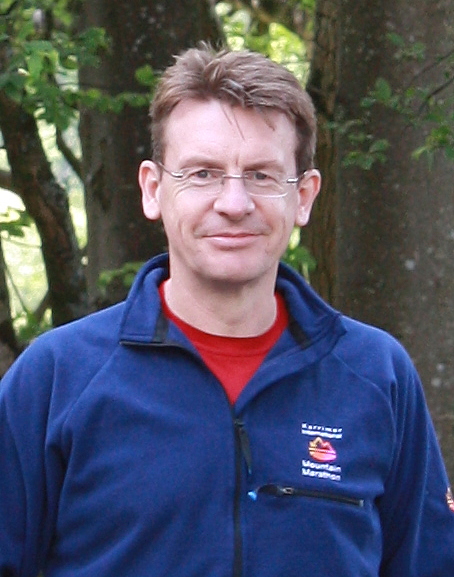
AUTHOR: Dr Andrew White, Unilever
ABSTRACT
The development of novel ingredients that can provide innovative new benefits is a central theme across a range of industries, including the chemical, pharmaceutical and consumer product sectors. It is essential however that robust scientific based assessments are used to assure the safety of these new ingredients; for consumers who will use them, the workers who manufacture them, and the environment into which they may ultimately be disposed.
For more than 10 years, we have been working with others to develop novel ways of assuring consumer safety that are human-relevant and do not rely on animal data. There has been a great deal of progress in realising this goal and, for many areas of consumer safety, prototype case study risk assessments are being developed.
These are based on the initial framework described by the US NRC and the Adverse Outcome Pathway framework currently being explored by the OECD. In part these reflect the application of new technologies both in data generation, and also in data integration and analysis that have taken place within the biological sphere but also the desire to improve on the current process and respond to the demands of a modern society.
The scientific challenges and opportunities presented to Industry by these new approaches and their place in a framework for exposure- and pathways-based safety assessments will be discussed alongside the need for new mechanisms to capture, store and integrate data for decision making.
SPEAKER'S BIOGRAPHY
Dr Andrew White
 Dr Andrew White’s current role is science leader in computational toxicology within the Safety and Environment Assurance Centre at Unilever.
Dr Andrew White’s current role is science leader in computational toxicology within the Safety and Environment Assurance Centre at Unilever.
The focus for his work since 2008 has been in the integration of in vitro and in silico approaches to drive the development of mechanistically relevant pathway based approaches for human risk assessment.
Andy has a PhD from Newcastle University and prior to his current role has held previous roles in Unilever as a research biochemist, and as lead scientist of an internal genomics facility involved in the development of parallel assay design and analysis for ‘omic technologies.
He has previously represented Unilever as a partner for several European and international projects and currently represents Unilever on several external forums including the Industry forum for the European Bioinformatics Institute, as a partner in the EuToxRisk project, and as a Unilever/Cosmetic Industry representative (CosmeticsEurope), for the Seurat 1 FP7 Research Initiative aimed at the development of solutions for the replacement of current repeated dose systemic toxicity testing in vivo.
